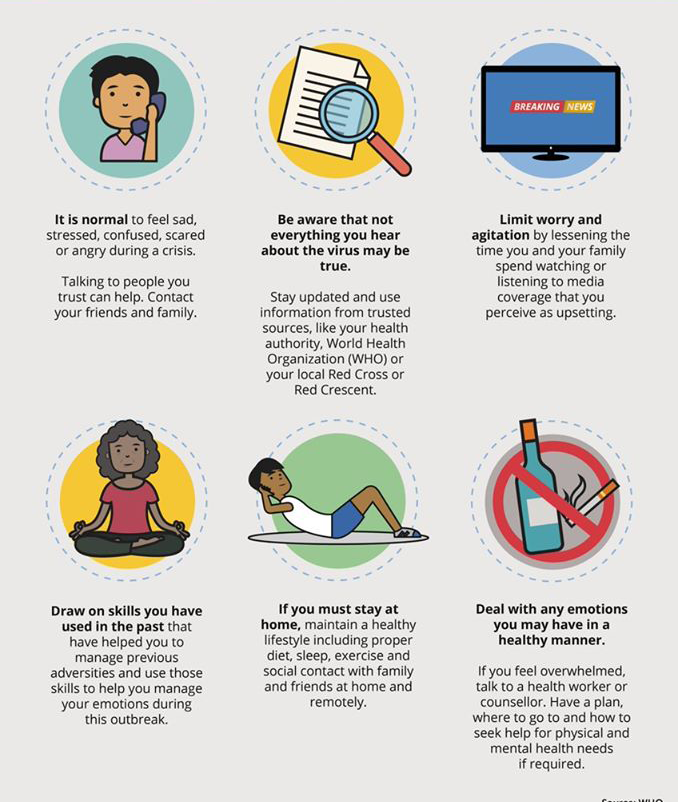The Mental Health of Canadians is Deteriorating Significantly in the Pandemic's Third Wave
The Mental Health of Canadians is Deteriorating Significantly in the Pandemic's Third Wave
Mental health has continued to deteriorate throughout the pandemic. The third wave of the COVID-19 pandemic has eroded citizens' already fragile emotional well-being.
A third round of polling from the Canadian Mental Health Association sheds light on how those in the province have coped as the pandemic wears on. The poll commissioned by CMHA Ontario was conducted by Pollara and surveyed 1,004 Ontarians online between Feb. 19 and 22.
The polling industry's professional body, the Marketing Research and Intelligence Association, say online surveys cannot be assigned a margin of error because they do not randomly sample the population.
The Canadian Mental Health Association research suggests the third wave of the COVID-19 pandemic has eroded citizens' already fragile emotional well-being.
The poll suggests only 35 percent of Ontarians consider their mental health to be "excellent" or "excellent," compared to 52 percent in the first round of polling in May.
It also shows nearly 80 percent of respondents believe there will be a "serious mental health crisis" post-pandemic, compared to 66 percent in August and 69 percent in May.
Loss and Grief is on the Increase
Many people will struggle in the aftermath of the pandemic because they will be coming to terms with what they've lost, and for a lot of people, it will be anxiety-provoking to go back to their routine.
Stress and Anxiety is Rising
Meanwhile, the percentage of respondents who report high or very high-stress levels has increased to 36 percent from 30 percent in the summer. Those reporting high or very high anxiety have also risen, from 30 percent in the summer to 35 percent.
Feelings of Isolation and Loneliness are Increasing
The poll also found respondents were getting more isolated. Fifty-seven percent reported feeling lonelier since the pandemic began, with 47 percent saying they wish they had someone to talk to.
And 36 percent of survey respondents reported they are "often, very often or almost always lonely."
Not a lot of people would talk about loneliness before the pandemic, if they did, it was often in the context of a senior citizen whose spouse had passed, whose peers and friends are gone. It was surprising to see so many people of all ages reporting loneliness. Feelings of loneliness are a strong indicator of deteriorating mental health.
Coping with Pandemic Stress

Source: Red Cross Canada













